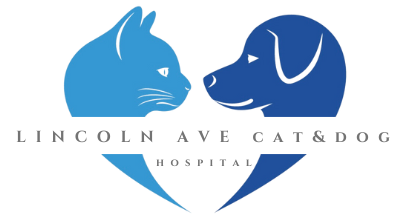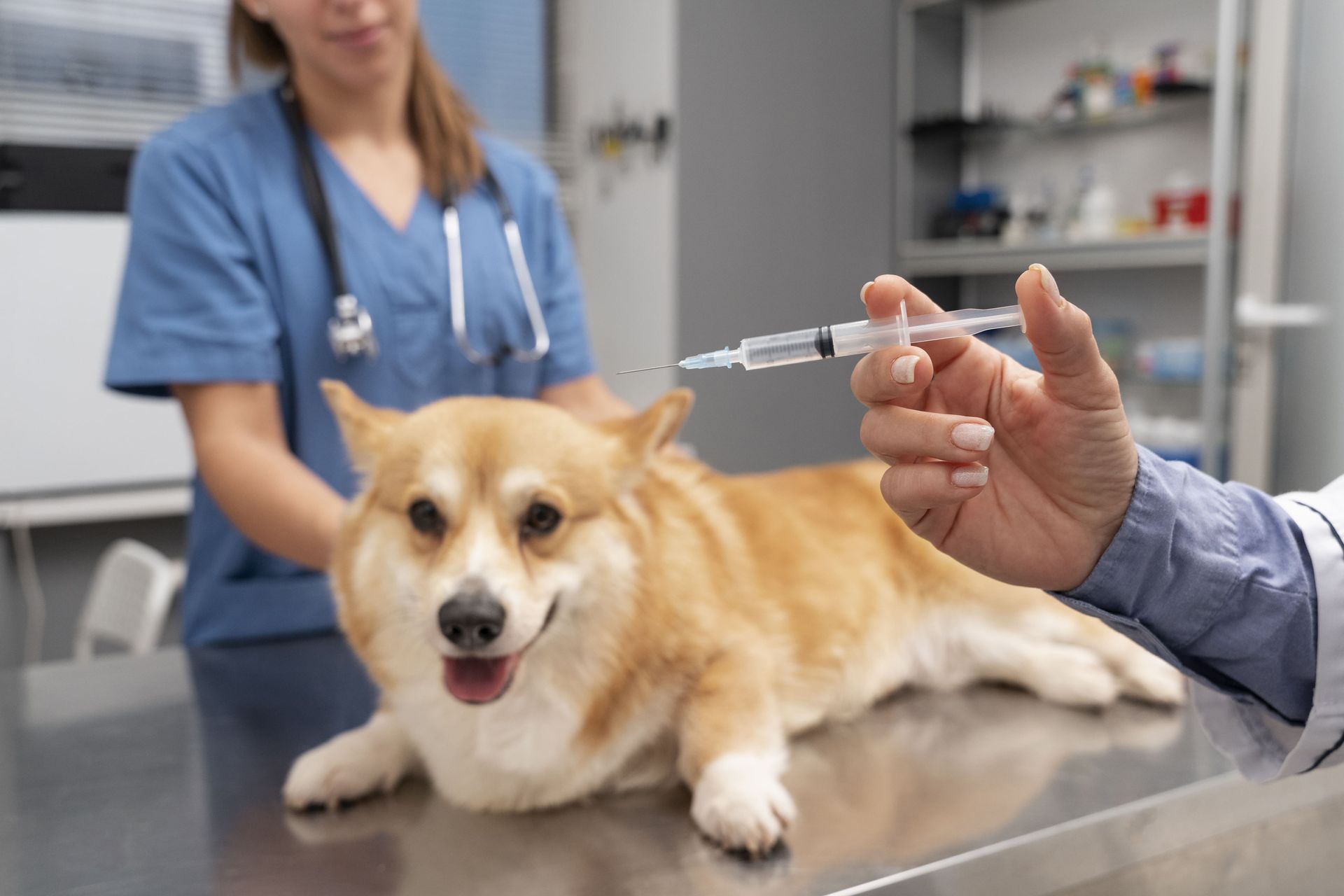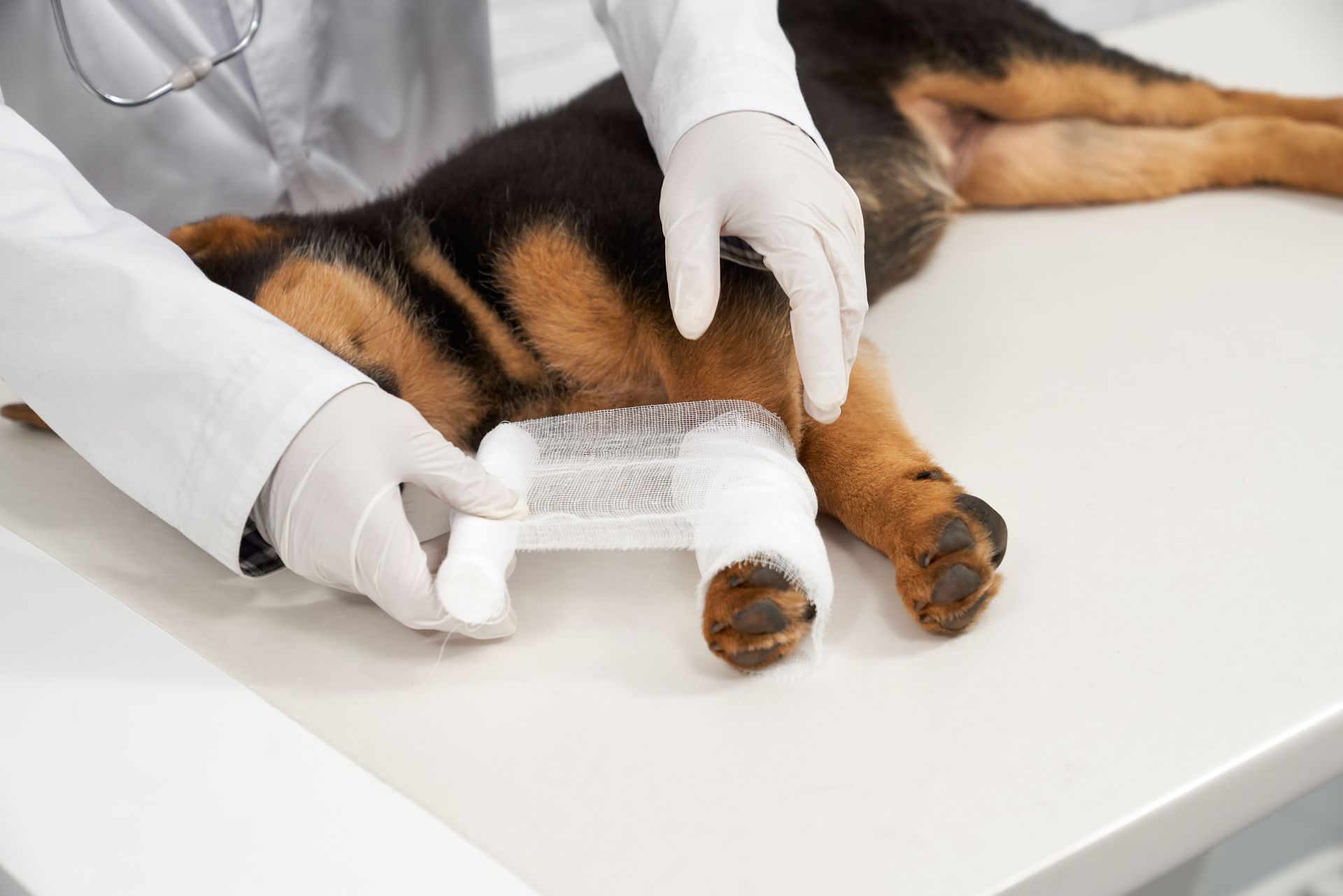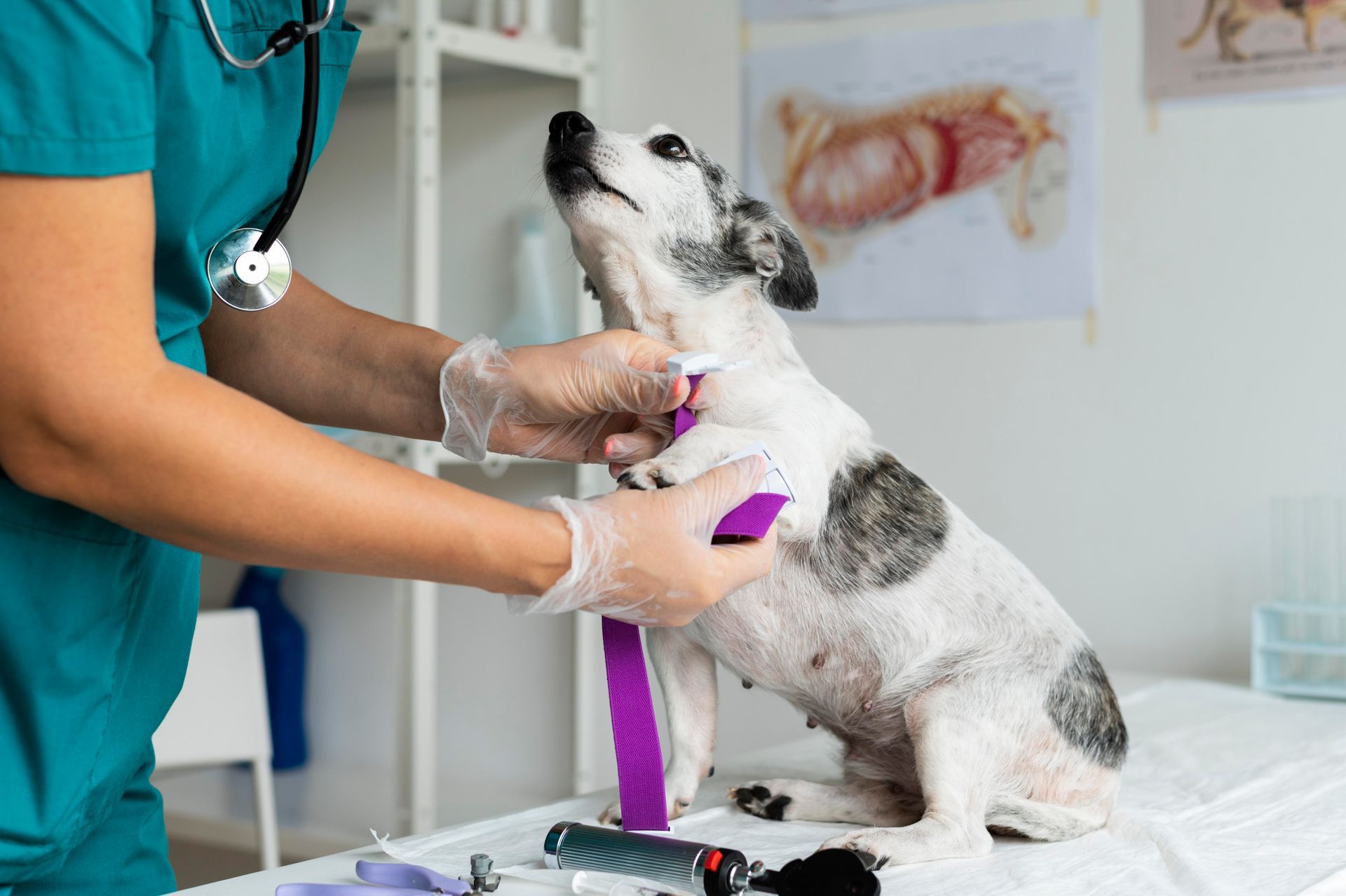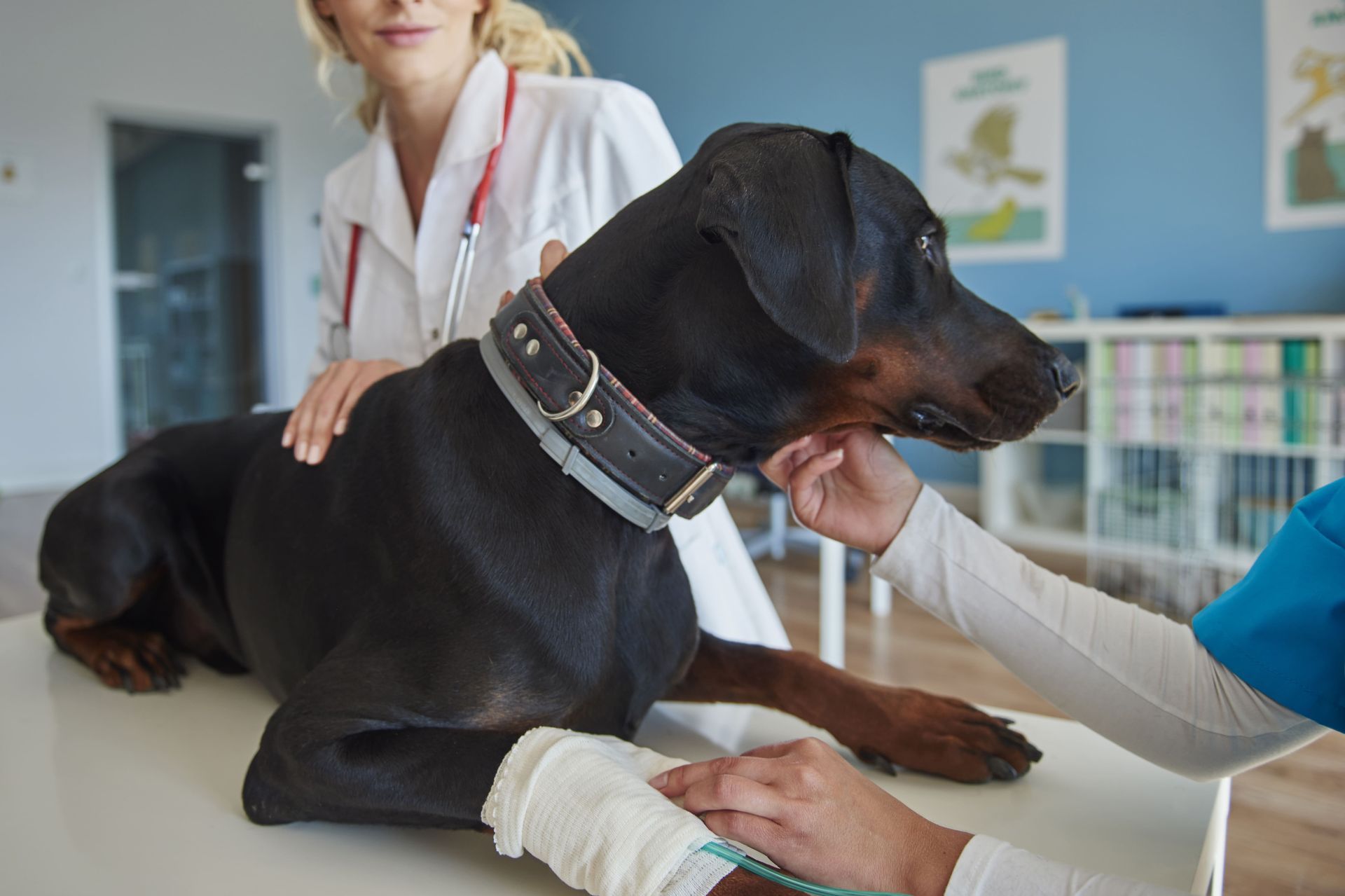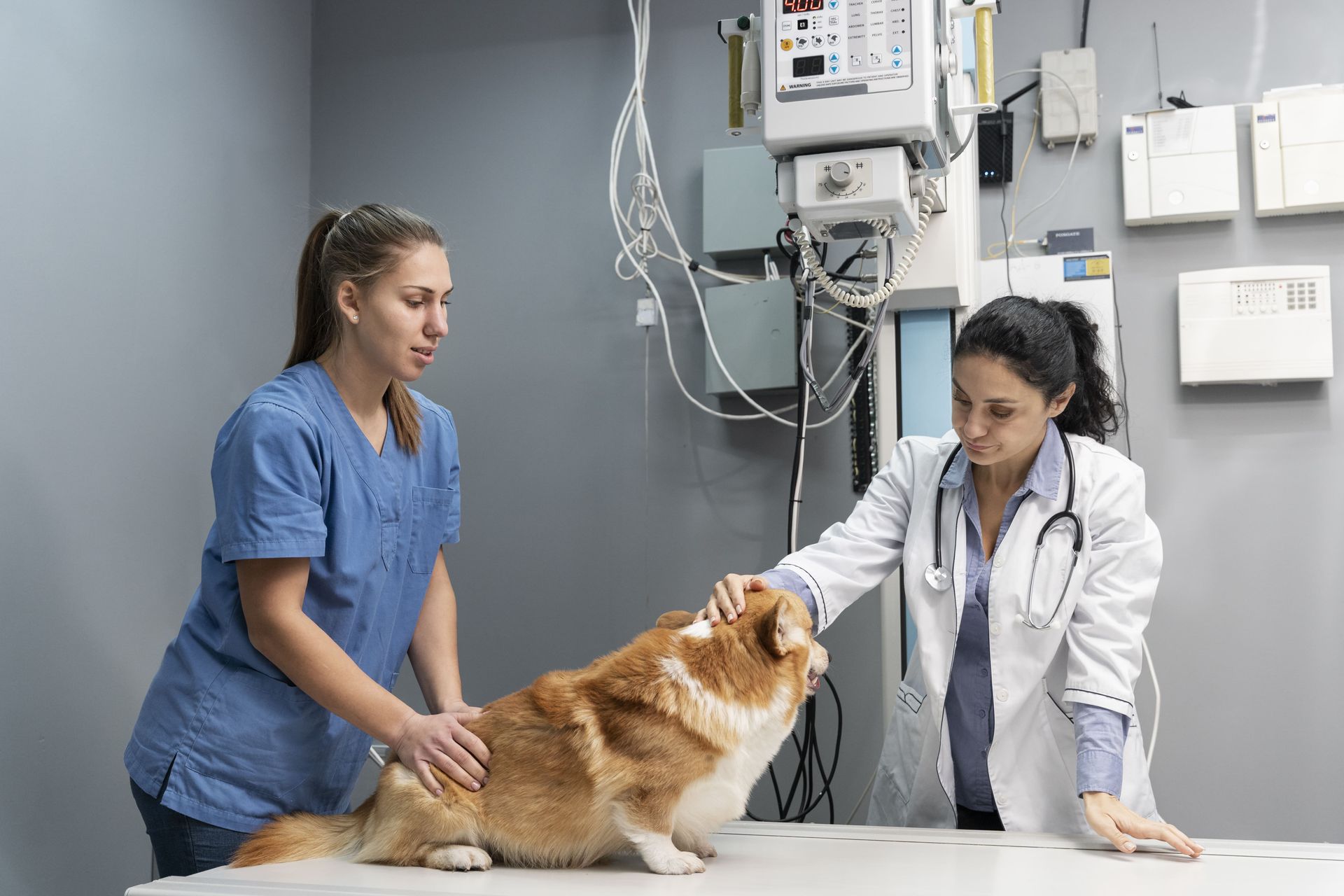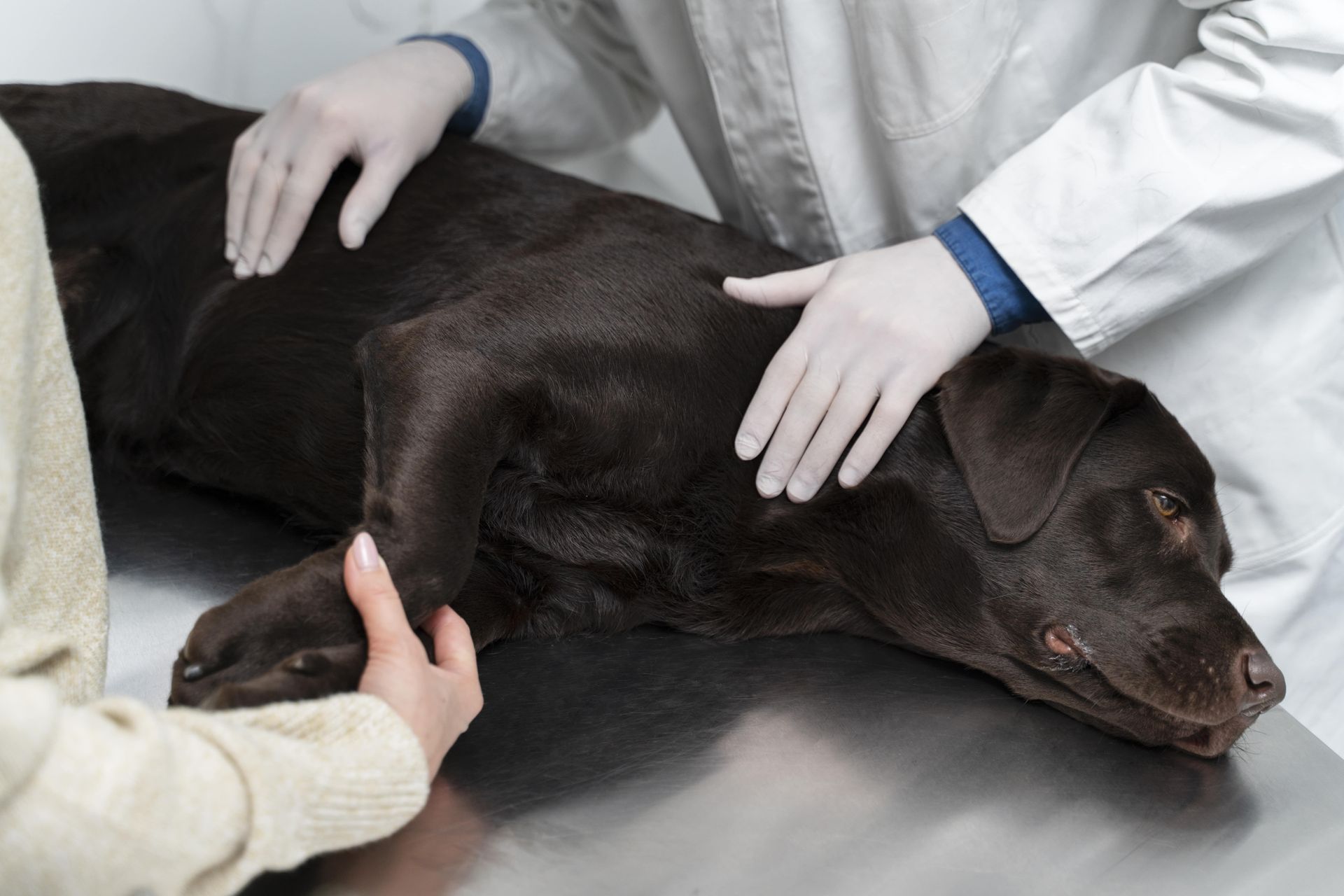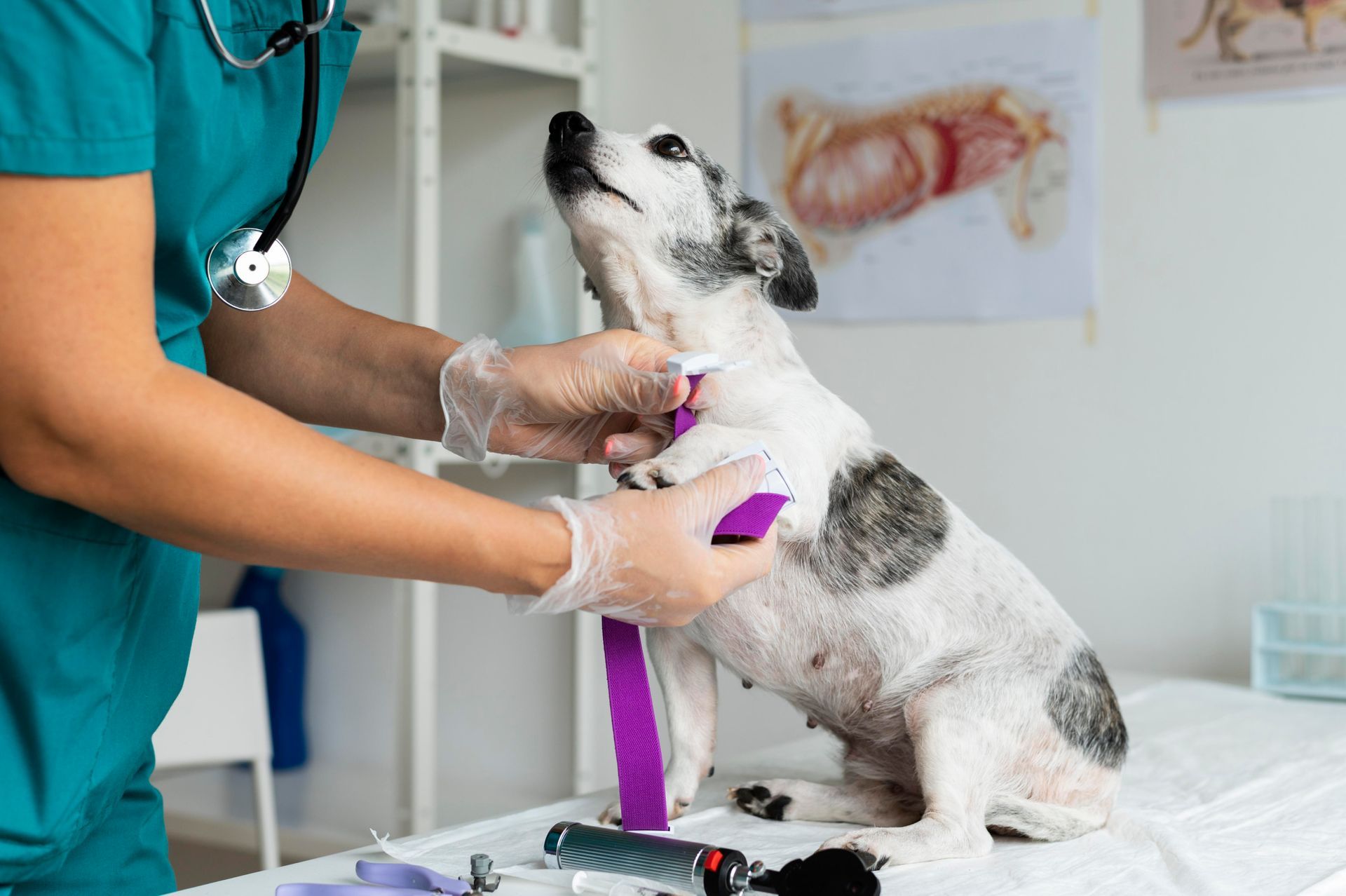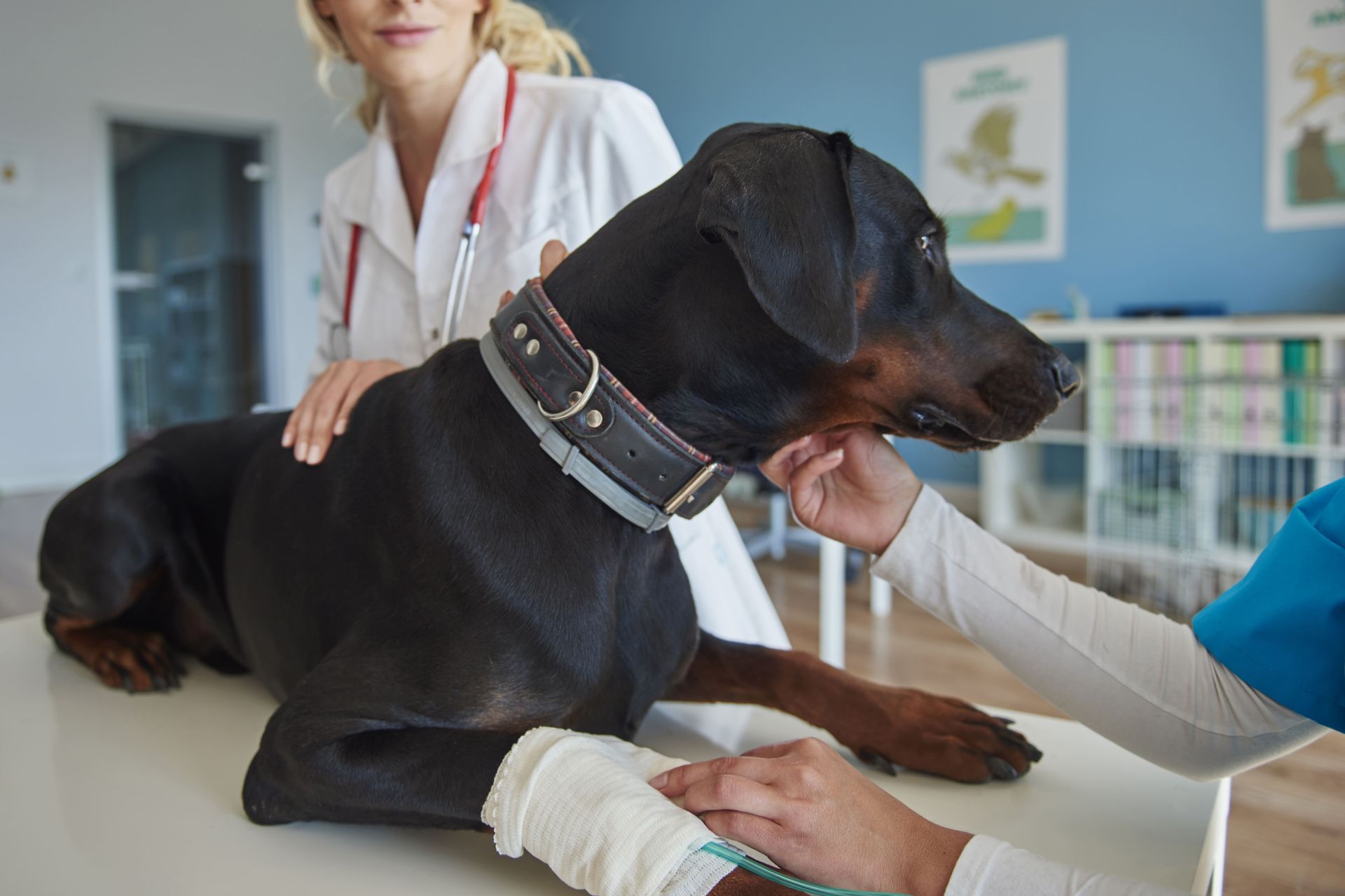Why Your Pet Might Need a Vet Cardiologist
Our furry friends are more than just pets—they're family. Just like any family member, we want them to get the best regular care possible, especially when it comes to their hearts. You might wonder, "Why does my pet need to see a vet cardiologist?" Let's delve into the reasons and when you should consider this specialist care.
Understanding the Role of a Vet Cardiologist
Vet cardiologists are specialized veterinarians who focus on diagnosing and treating heart and lung conditions in animals. They have advanced training to handle complex heart-related issues and provide targeted care.
A crucial aspect of a vet cardiologist’s role is to collaborate closely with your primary vet. This ensures a comprehensive approach to your pet's health, combining general care with specialized heart treatment when necessary. By working together, they can tailor a plan that promotes a holistic approach to your pet's well-being.
Pet owners often wonder whether a specialist visit is necessary. Whenever heart issues like murmurs or arrhythmias are suspected, a vet cardiologist is best equipped to provide the dedicated care required for complex heart conditions.
Think of a vet cardiologist as the “heart detective” for your pet—meticulously examining every beat to ensure nothing is missed.
Signs Your Pet Might Need a Cardiologist
Some signs to watch for include coughing, difficulty breathing, fatigue, or changes in your pet’s exercise tolerance. If your pet shows these symptoms, a vet cardiologist might be able to provide the specialized care they need.
It's vital to note some breeds are predisposed to heart conditions. Breeds like Cavalier King Charles Spaniels and Maine Coon cats are examples where owner vigilance can make a significant difference. Early detection and consulting a vet cardiologist can be life-saving for these vulnerable breeds.
Don’t wait until it’s too late—when in doubt, a quick consultation can lead to early interventions and better outcomes.
Diagnosing Heart Conditions
A vet cardiologist uses various tools and tests—like echocardiograms, X-rays, and blood tests—to diagnose heart conditions accurately. They can differentiate between minor issues and more serious conditions that require immediate attention.
Diagnostic tests are customized to match the suspected condition. For instance, advanced imaging like an echocardiogram provides detailed information about heart structures and function, essential in forming an accurate diagnosis and treatment plan.
Early and precise diagnostics can significantly alter the course of treatment and prognosis. Accurate assessments help determine whether medication, lifestyle change, or more significant interventions are required.
A vet cardiologist doesn’t just diagnose—they empower pet parents with clarity and confidence.
Treatment Options for Heart Conditions
Treatment plans from a vet cardiologist might include medications, dietary plans, and sometimes surgical procedures to manage or correct heart issues. Each treatment is tailored to suit your pet’s specific needs.
Medications such as beta-blockers or ACE inhibitors are often prescribed to manage chronic conditions, helping to improve heart efficiency and reduce symptoms.
In certain cases, a vet cardiologist may suggest surgical options for pets with congenital heart defects or severe heart issues. Technological advancements have made procedures like balloon valvuloplasty more accessible and effective than ever.
Your pet deserves the same level of specialized cardiac care as any human family member—and a vet cardiologist makes that possible.
How to Support Your Pet's Heart Health
Regular check-ups, a balanced diet, and appropriate exercise are key to maintaining your pet’s heart health. Stay informed about potential heart problems specific to your pet’s breed or species and consult with your vet regularly.
Staying updated on breed-specific heart issues and engaging in preventive care can mitigate potential complications and catch ailments in their early stages.
In addition to veterinary care, providing mental enrichment and reducing stress can support heart health. Consider engaging activities and play to keep your pet's mind as fit as their body.
A vet cardiologist may guide you not only on treatment but also on how to create a heart-healthy lifestyle for your pet.
Ensuring Your Pet's Heart is in Safe Hands
A vet cardiologist can be a crucial part of your pet's healthcare team, especially when dealing with heart conditions. Regular monitoring and specialized treatment can extend and improve the quality of your pet's life. Always trust your instincts and consult with your regular vet if you suspect any heart-related issues. To learn more about how we can help, check our homepage.
Final Words
Our pets rely on us to recognize when something’s not right—and that includes their heart health. Whether it’s due to breed predispositions, noticeable symptoms, or just a hunch that something isn’t quite right, consulting a vet cardiologist can make all the difference. Their advanced knowledge, tools, and care plans are designed specifically to help your pet live a longer, healthier, and more joyful life.
In the world of veterinary care, the heart deserves its own specialist. A vet cardiologist ensures your pet’s heartbeat is not only heard, but truly understood.
FAQs
Q-1. What exactly does a vet cardiologist do?
Ans: A vet cardiologist specializes in diagnosing and treating heart and lung issues in pets using tools like echocardiograms, X-rays, and specialized medications.
Q-2. When should I consider seeing a vet cardiologist?
Ans: You should consult one if your pet shows signs like coughing, fainting, difficulty breathing, or if your vet detects a heart murmur or abnormal rhythm.
Q-3. Is a referral needed to see a vet cardiologist?
Ans: In most cases, yes. Your primary veterinarian typically refers you to a vet cardiologist for advanced diagnostics and treatment.
Q-4. Can a vet cardiologist help with preventive care, too?
Ans: Absolutely. They offer guidance on managing risk factors and can help monitor pets with genetic predispositions to heart disease.
